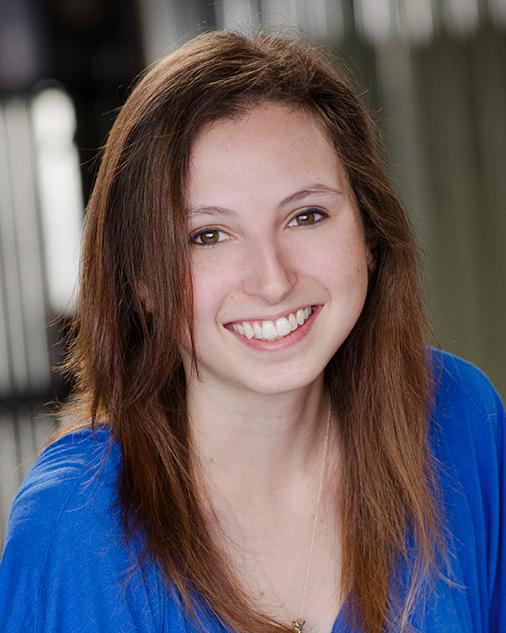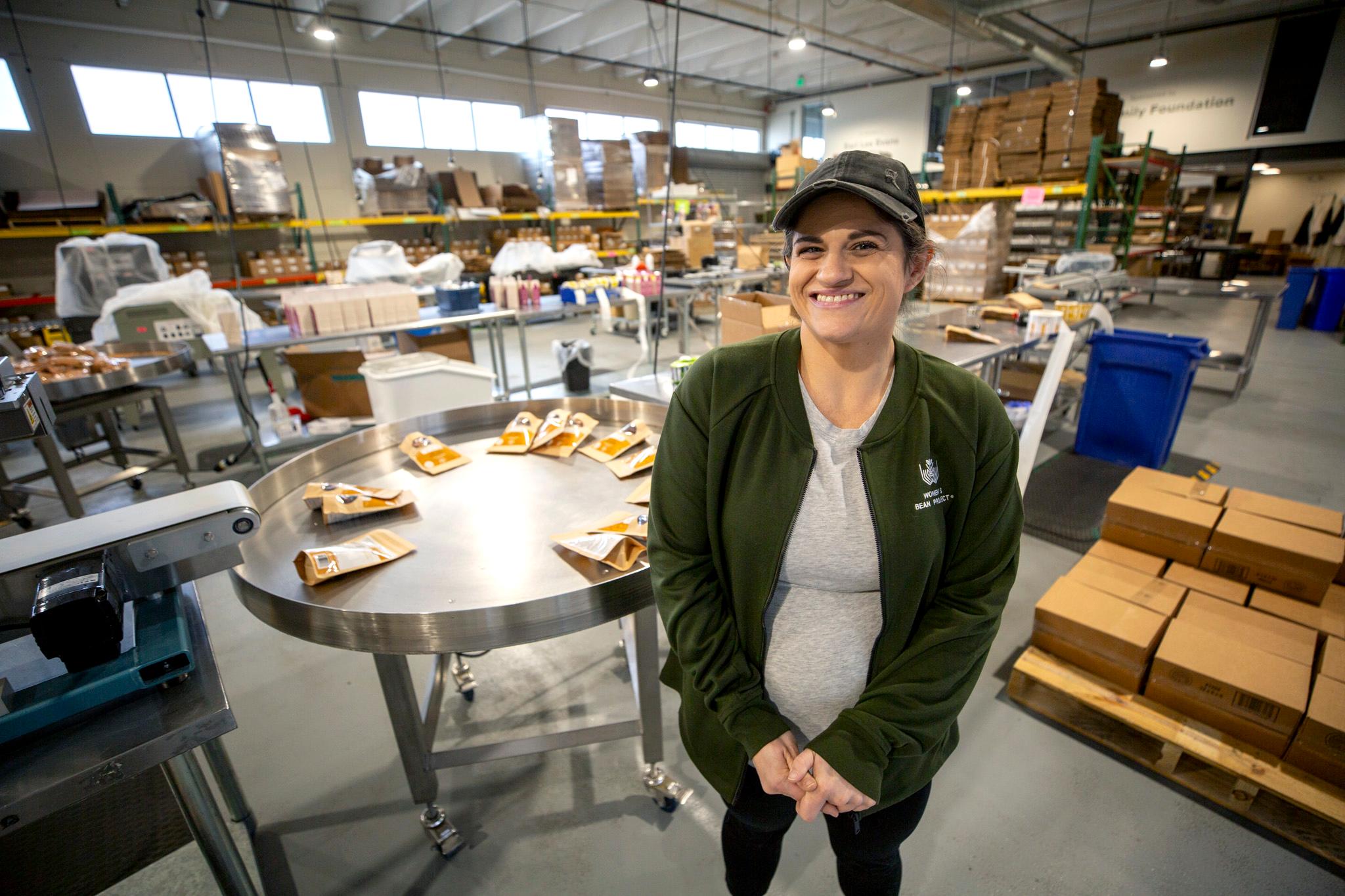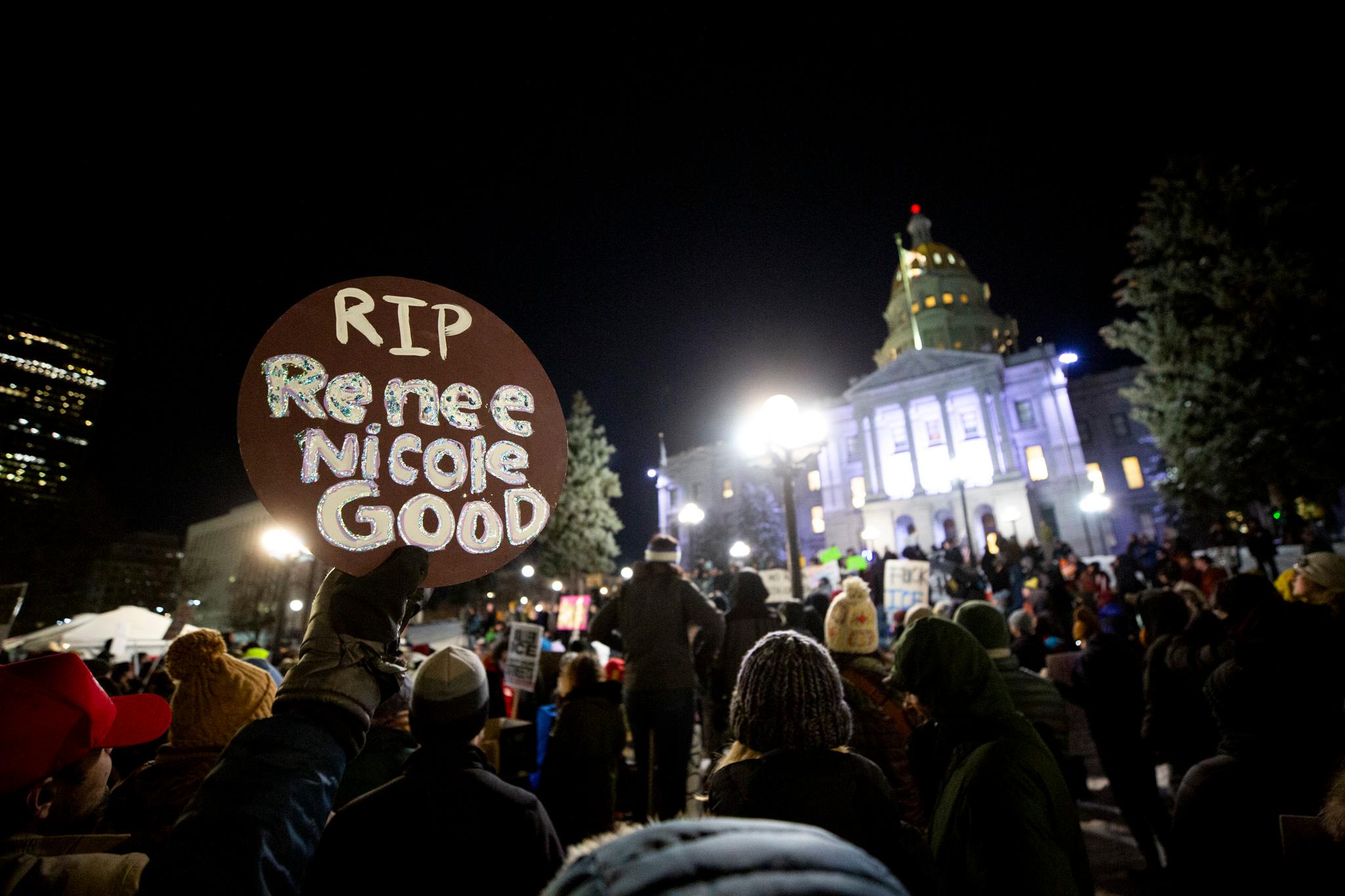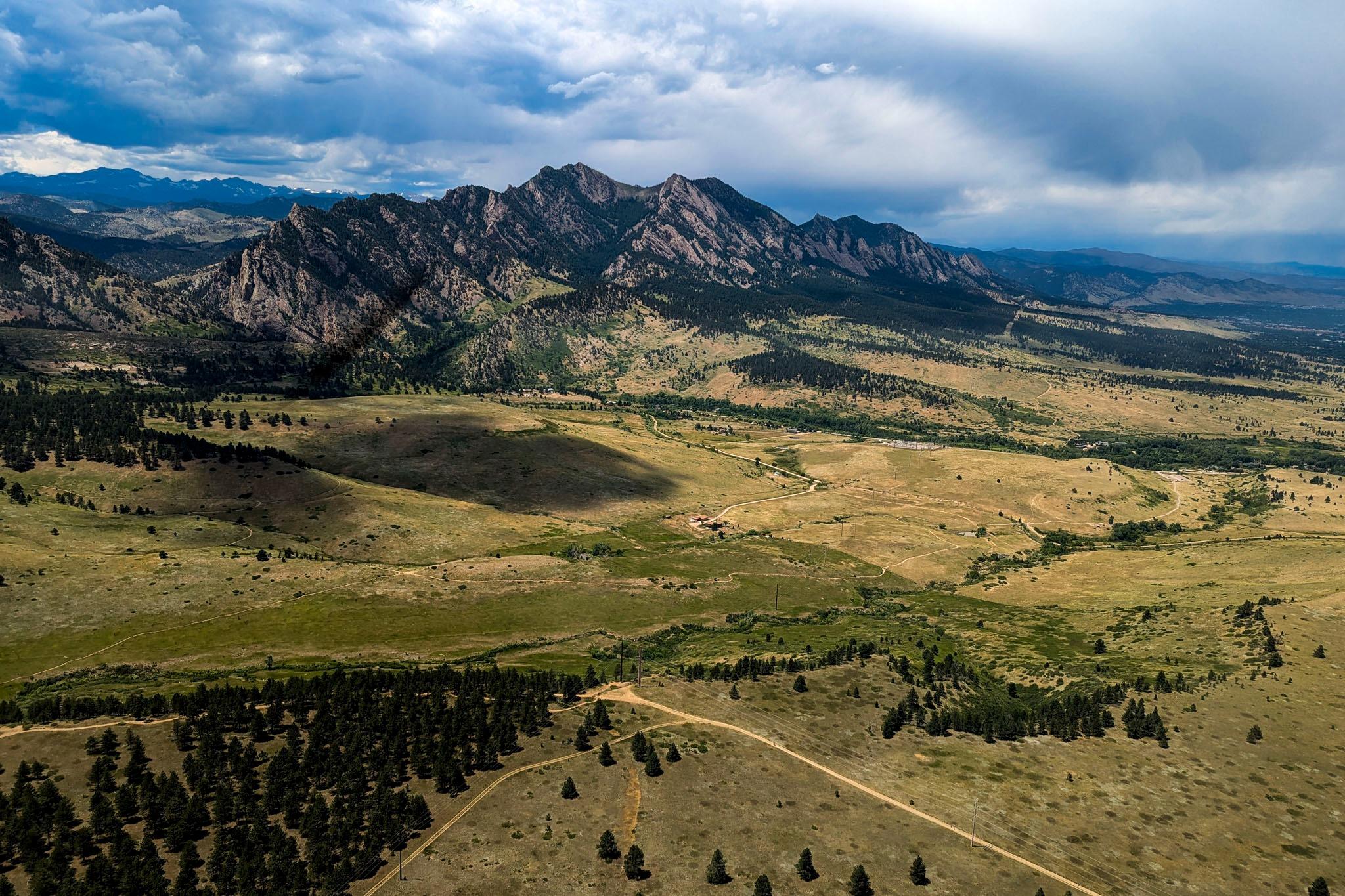
In a warming future caused by climate change, more rain won't mean less drought. That's because rain will increasingly fall over just a few concentrated days which could lead to more severe flooding.
Angeline Pendergrass studies climate at the National Center for Atmospheric Research in Boulder. She looked into so-called uneven precipitation, and her research will soon be published online in the journal, Geophysical Research Letters. Pendergrass talked to Colorado Matters about the rise of extreme weather.
Rainfall is already uneven. Right now, half of the annual precipitation falls during 12 days of the year. Colorado and other areas in the Southwest can expect heavier, more concentrated rains because it's so arid.
There is some hope: Pendergrass' models focused on what would happen if no climate change mitigation was done. She said extreme flooding will be much less dramatic if humans work to stall global warming.









